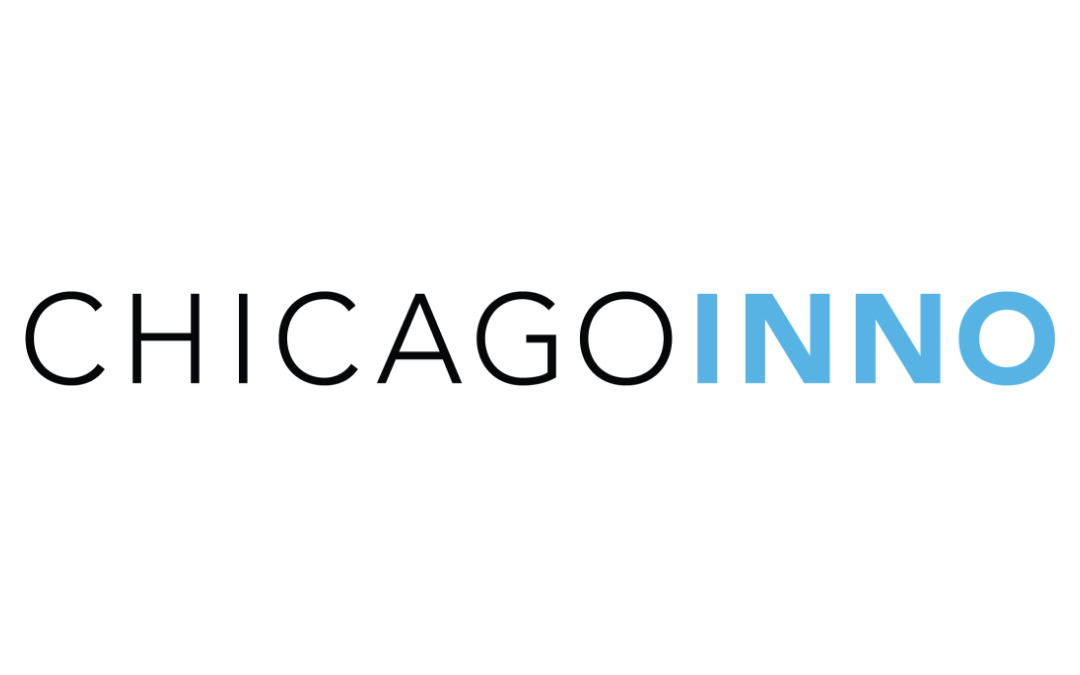Chicago Innovation “Winners Spotlight” Interview
Brian Krause, VP of Global Marketing & Communications, Molex
Avery: In a nutshell, where are you now? What’s new with Molex?
Brian: Molex continues to innovate and drive new products. Just recently we participated in the Consumer Electronics Show in Las Vegas, where we demonstrated a new automotive Ethernet backbone solution. The Ethernet backbone is going to help the new connected and autonomous cars respond faster, have a higher level of security, and optimize for the future of autonomous driving. I think it’s really drawing some attention to our customers, both the large ones in Detroit as well as the technology leaders around the world.
Avery: Wow, well that’s an innovative idea. I imagine that at Molex you need to make sure that you stay innovative to ensure that all this great new product development happens.
Brian: Absolutely! Innovation is something that’s ingrained in our culture along with a belief that ideas don’t just come from those working in R&D. In fact, we have a formal program called The Innovation Challenge we run every two years where we ask many employees to come forward with new and innovative ideas. We’re not looking for the next generation of connectors; we’re looking for technology that goes in a different direction. Our employees review the ideas and then our leadership teams vote and review for funding. We typically receive 300 – 400 ideas each challenge.
Avery: Have you seen any success from that? Any actual concepts that have gotten funding?
Brian: We’ve actually had a few ideas receive funding since we started. One of the most successful ideas came from a colleague with a newborn infant and, as a lot of parents do, she was trying to understand how much milk her baby was getting when she nursed vs. when she gave the baby a bottle. She worked with design teams here at Molex to develop a device that fit over the breast and used sensors to calculate the amount of milk that the baby took in without interfering with feeding.
We recognized the usefulness and advantages of this idea and saw that it could be used not only for breast milk, but also for urine flow, for example for critically ill patients that need to track the amount of urine being produced in their system.
The Innovation Challenge is one example of how we’re committed to creating an environment where those ideas can grow. Consider the next generation of machines we are witnessing – phones, cars, home appliances, etc., all of them are using electronics in ways we couldn’t imagine 20 years ago. Molex works hand-in-hand with our customers to develop those next generation of solutions, but we’re also looking internally to see what else is out there, what new and creative ideas have yet to be discovered. It’s incredible to harness that brain power.
Avery: You also connect with start-ups who are doing innovative things?
Brian: We do. As you know, we’re very involved with Chicago Innovation and, together, we partner to present a program called The Innovators Connection, a unique approach to bringing early stage companies and established organizations together to learn from each other and possibly help each other. We also recently introduced Molex Ventures which specializes in solving industry challenges through investments and collaborations. Molex is also closely involved with mHub, MassChallenge as well as Illinois Science and Technology Coalition STEM programs.
Avery: I want to shift gears a little bit. What would you say is your biggest failure?
Brian: I’ve been working for Molex for 37 years and I’ve had a number of failures. One that I remember distinctly was around a lack of communication internally. We didn’t connect well enough with our product management group and that just hurt us.
Avery: And how did you overcome this failure and what did you learn from it?
Brian: We overcame it by then over communicating. But unfortunately, once that ship sailed, it’s difficult to get everybody back in tune with it. We had a campaign we were launching, and it was right after the market downturn in 2008. We came out of it with a campaign that, in hindsight, I don’t know if the market was ready for. We put some money and tools behind it but it just did not take off like we thought it would. With a marketing campaign of that magnitude, where you have graphics and creative and content and you’re giving things away, you get one shot to do it right. Once you see it start to go south, if you don’t have a fix – and I mean an immediate fix – it basically just falls off the map.
Avery: Well Brian, thank you so much for doing this interview, I just have one more question for you: in your words what is the best thing about being a Chicago company?
Brian: I think there are a lot of things about Chicago that are fantastic. When you sit back and look at being a Midwestern company, there’s the Midwestern set of ethics and morals that people have and it impacts the way they do business. I think the sports, restaurants and entertainment that we have in close proximity make Chicago a huge draw. I think O’Hare airport and the fact that you can get someplace across the world on one flight is hugely important too.







